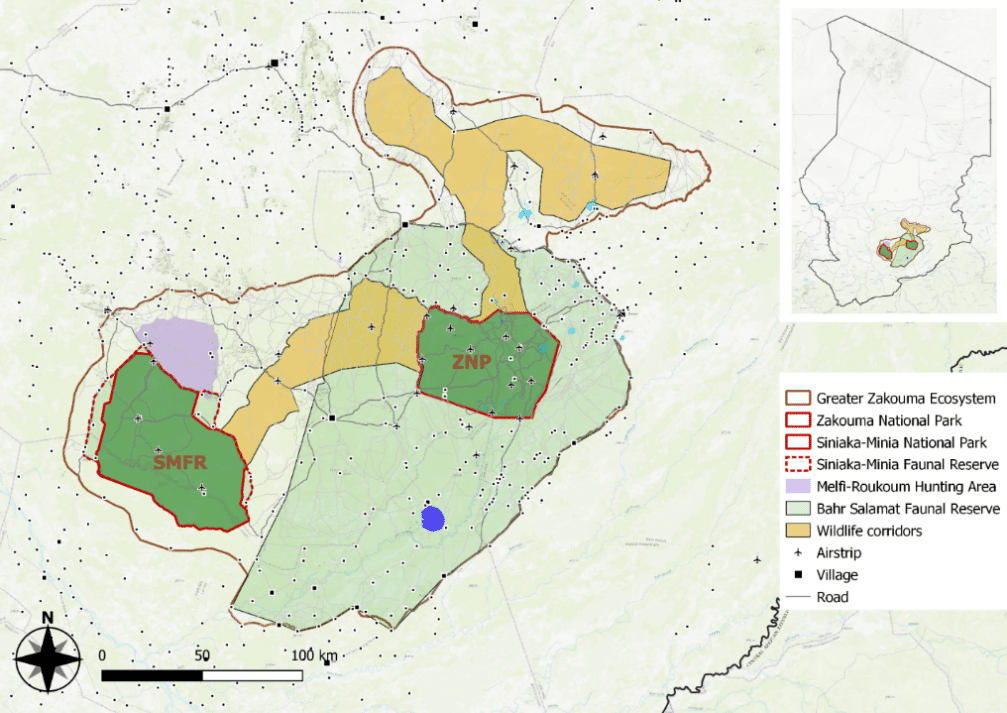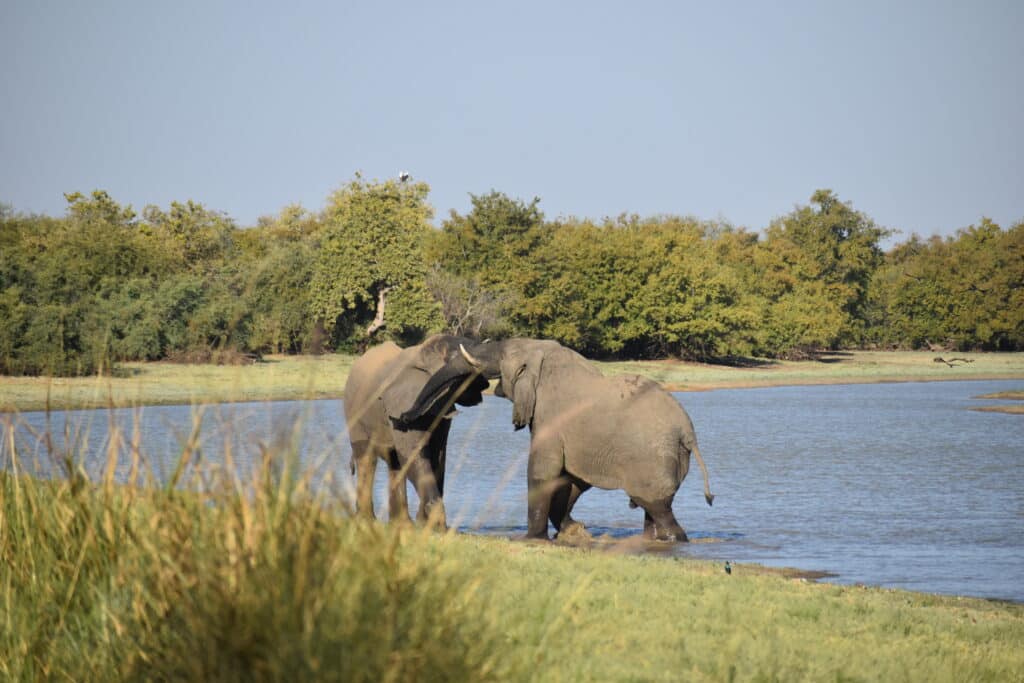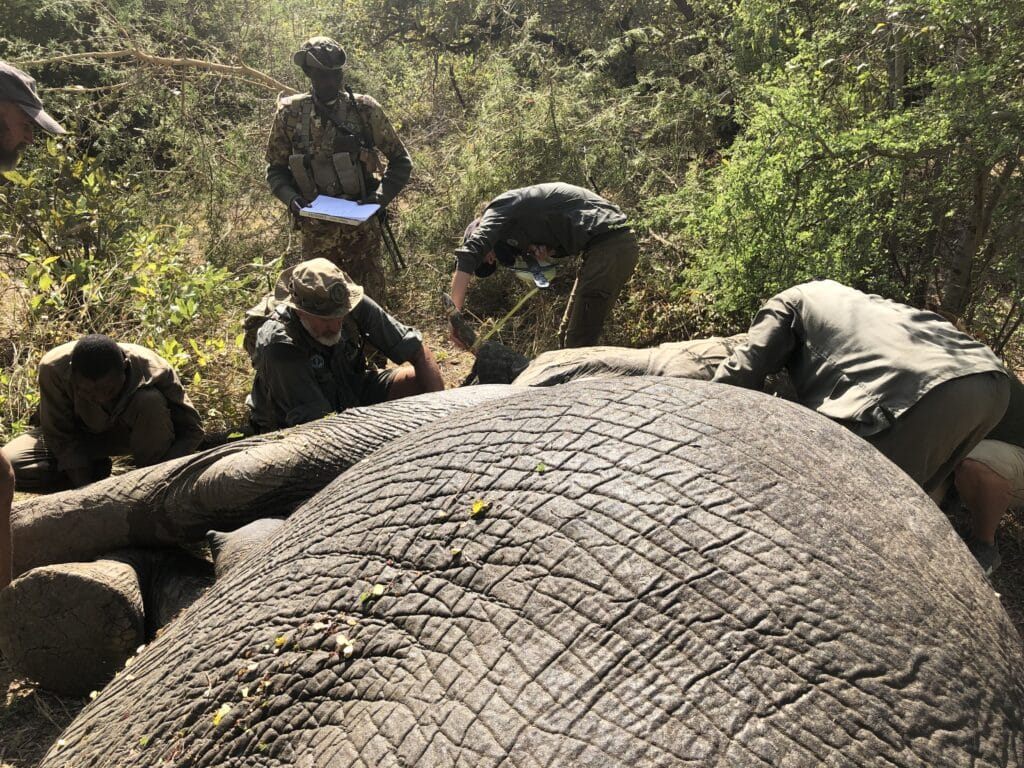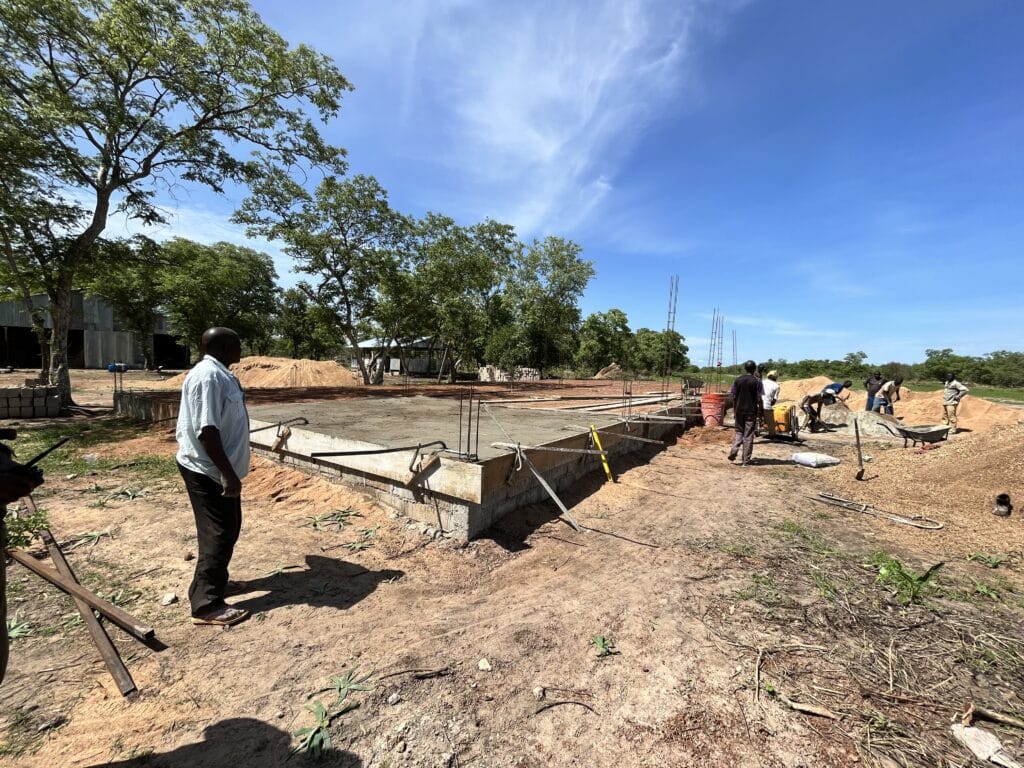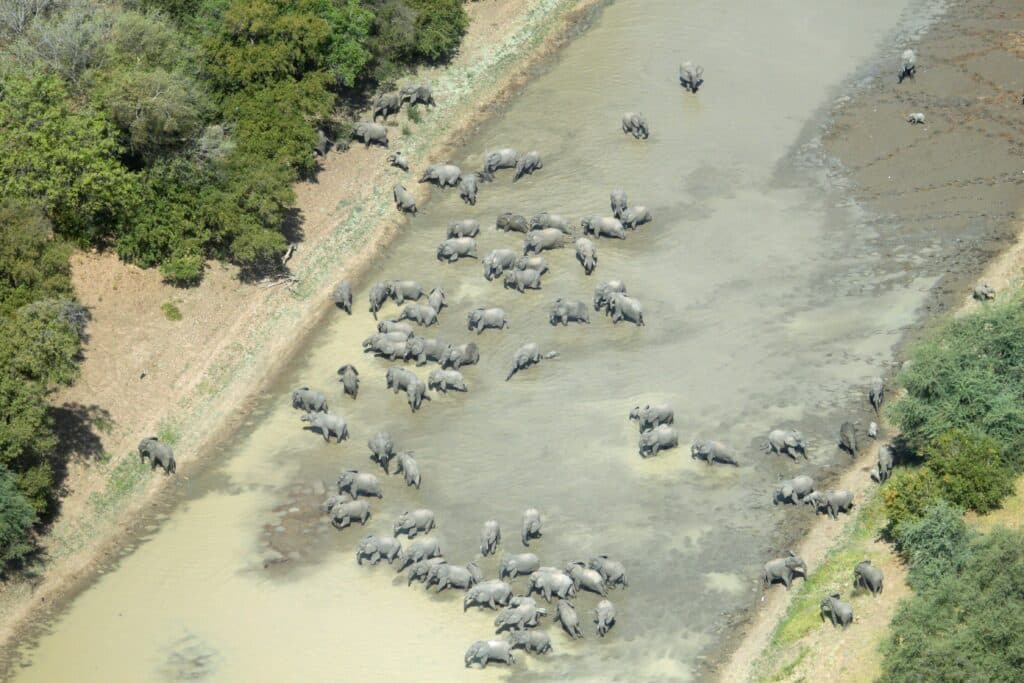Zakouma holds the largest surviving population of elephants in Chad, and is one of African Parks’ most impressive success stories.
The elephant population in Zakouma has been brought back from the brink of extinction since African Parks assumed management of the National Park under a Public-Private Partnership agreement with the Government in 2010. Since then, African Parks has installed experienced management, professionalized law enforcement, engaged with local communities and developed infrastructure, as well as increased its mandate to cover the entire Greater Zakouma Ecosystem, an area of 28,704 km2.
This vast, rich landscape is home to agricultural settlements and nomadic herders as well as wildlife. Both wildlife and surrounding communities are benefiting from the increased security. As the level of safety for the elephants has increased, they are no longer clustered in a single population in the centre of the park and are dispersing outside the park to areas where they are more under threat from conflict and poaching.
As these recovering elephant populations expand their range, they encounter greater human presence. African Parks is combining several different approaches to stop conflict with humans happening, including strategic use of elephant collar data, community engagement teams, a new forward operating base in an area of elephant range expansion, and horse patrols, with encouraging results.
Using Collar Data to Minimise Conflict in Agricultural Areas
If you know the routes elephants are likely to follow and can track their position in real time, you have a reasonable chance of preventing human-elephant conflict before it even starts.
Farmers in the Greater Zakouma Ecosystem benefit from the national park providing a reliable market and some direct employment, and they are willing to keep agriculture expansion away from known wildlife corridors. Defining those corridors has been possible thanks to elephant collars and the data they have generated over many years, showing the routes normally taken by elephants as they move around.
Collar data is also used by African Parks on a daily basis to monitor elephant locations in relation to human settlements and to pre-empt conflict situations before they arise.
The ECF has supported the purchase, deployment and maintenance of collars since 2018; in 2023 African Parks collared a further nine elephants, bringing the total number of elephants with collars to 37 (14 bulls and 23 females).
Community Engagement Teams Encourage Collaboration
Nomadic herders sometimes attempt to move vast herds of livestock through the national park and wildlife corridors during the dry season, to access water and grazing.
Recent ECF funding is supporting the recruitment, training and equipping of a four-person team of local Chadians to engage with nomadic herders in the field, using a model which proved successful for African Parks in Chinko in the Central African Republic, to achieve meaningful collaboration. This team, referred to as the PeriFerick team, is increasing awareness and understanding among herders of the protected area boundaries and alternative routes. To support this, African Parks has installed four water points for livestock and pastoralists at strategic, accessible locations outside the boundary. Community liaison teams also routinely visit villages in the area to discuss and resolve human-wildlife conflict issues.
A New Forward Operating Base Keeps Rangers Close
Hundreds of elephants move west of the park in the wet season. In this sparsely populated area, ECF funding has allowed construction of a Forward Operating Base (FOB) in Domoti, where ranger teams can be accommodated away from headquarters. From there, rangers can move quickly to prevent conflict if collar data shows that elephants are moving close to villages. This FOB is also home to horse patrol teams. Travelling on horseback allows rangers to access areas more easily and to act quickly when needed, which is invaluable for potential poaching incidents and HEC incidents.
Protecting the Future of Zakouma’s Elephants
As the elephant population in Zakouma feels safe enough to move away from the core of the park, it is vital that the potential threat of human-elephant conflict is mitigated. Near real time use of collar data, close community liaison and quick responses by rangers will help ensure the continued recovery of this precious elephant population in Chad.
